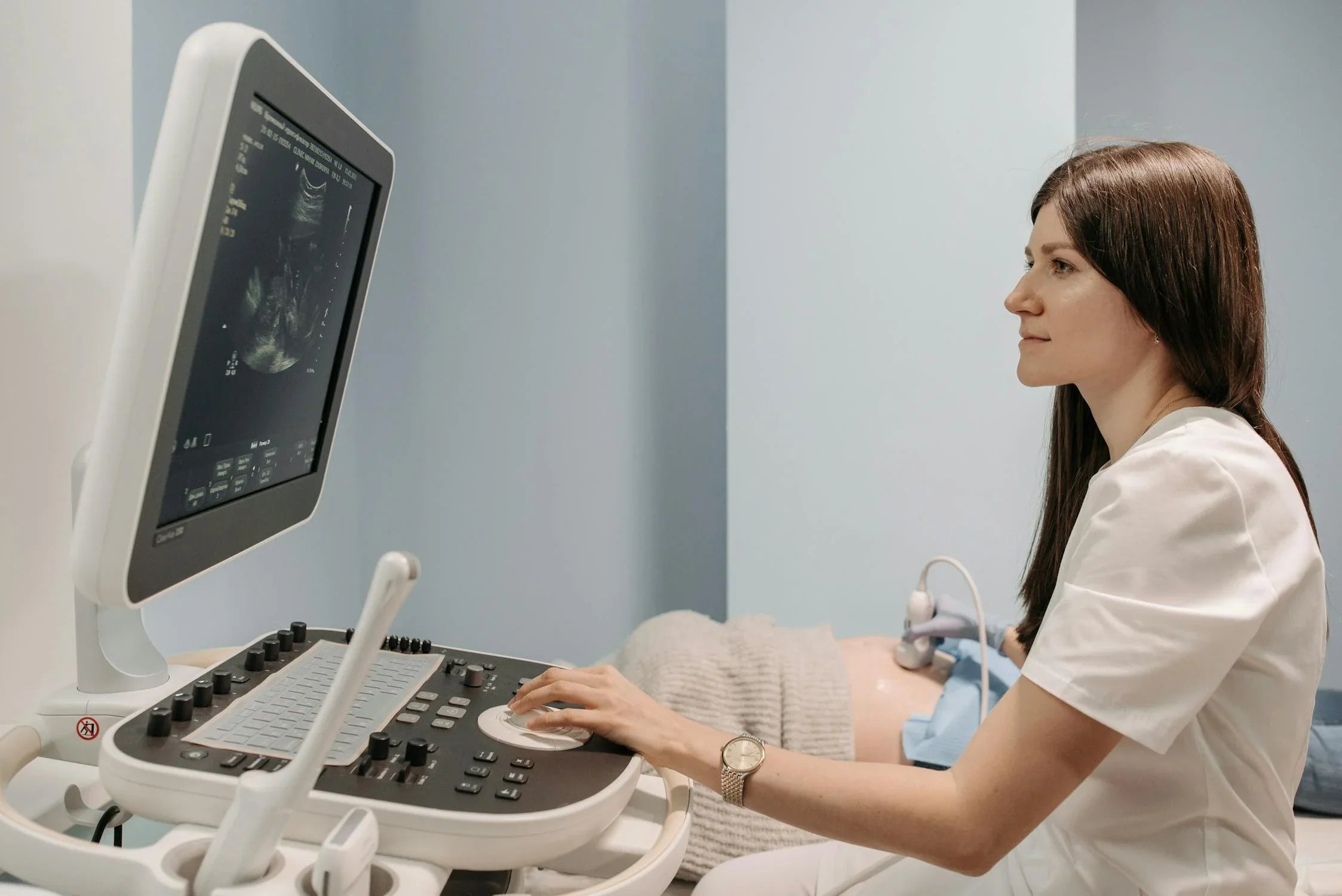Maison
Grossesse, allaitement et pompage : le guide ultime pour les mamans
Combien de jours avant qu'un test de grossesse fonctionne : un guide complet

Combien de jours avant qu'un test de grossesse fonctionne : un guide complet
En matière de grossesse, le timing est crucial. Nombreuses sont les femmes qui se demandent « combien de jours faut-il attendre pour qu'un test de grossesse soit fiable ? », surtout lorsqu'elles sont impatientes de savoir si elles attendent un enfant. Comprendre le fonctionnement des tests de grossesse et le moment idéal pour en faire un permet d'obtenir des résultats précis et d'éviter un stress inutile.
Comprendre les tests de grossesse
Les tests de grossesse fonctionnent en détectant la présence d'une hormone appelée gonadotrophine chorionique humaine (hCG) dans l'urine ou le sang. Cette hormone est produite par le placenta peu après la nidation de l'ovule fécondé dans la paroi utérine. Le taux d'hCG augmente rapidement en début de grossesse, doublant environ toutes les 48 à 72 heures.
Quand faire un test de grossesse
La fiabilité d'un test de grossesse dépend en grande partie du moment où il est effectué. La plupart des tests de grossesse en vente libre prétendent fournir des résultats fiables dès le premier jour de retard des règles. Cependant, ce délai peut varier en fonction de la sensibilité du test et du cycle menstruel de chaque personne.
Pour des résultats plus fiables, il est généralement recommandé d'attendre au moins une semaine après le retard de règles avant de faire un test de grossesse. Cela laisse suffisamment de temps pour que le taux d'hCG atteigne un niveau détectable. Faire le test trop tôt peut donner un faux négatif, c'est-à-dire que le test peut indiquer une absence de grossesse même en cas de conception.
Facteurs affectant la précision des tests
Plusieurs facteurs peuvent influencer la fiabilité d'un test de grossesse, notamment sa sensibilité, le moment de la journée où il est effectué et le taux d'hCG de la personne. Certains tests sont plus sensibles que d'autres et peuvent détecter de faibles taux d'hCG, ce qui les rend plus fiables en début de grossesse.
Il est également important de suivre attentivement les instructions fournies avec le test de grossesse. Utiliser le test à un mauvais moment de la journée ou ne pas attendre le délai recommandé avant de lire les résultats peut fausser les résultats.
Premiers signes de grossesse
En attendant de faire un test de grossesse, certaines femmes peuvent ressentir des signes précoces de grossesse, tels que l'absence de règles, des nausées, une sensibilité des seins, de la fatigue et des envies fréquentes d'uriner. Cependant, ces symptômes peuvent également être causés par d'autres facteurs et ne doivent donc pas être considérés comme des indicateurs définitifs de grossesse.
Si vous pensez être enceinte, il est important de faire un test au moment opportun et de consulter un professionnel de la santé pour confirmation et conseils.
Que faire après un test positif
Si le test de grossesse est positif, l'étape suivante consiste à prendre rendez-vous avec un professionnel de santé. Celui-ci pourra confirmer la grossesse par une prise de sang ou une échographie et vous fournira des informations importantes sur le suivi prénatal et le déroulement de la grossesse au cours des prochains mois.
Il est également conseillé de commencer à prendre des vitamines prénatales, d'éviter les substances nocives comme l'alcool et le tabac, et d'apporter les changements de mode de vie nécessaires pour favoriser une grossesse saine.
Que faire après un test négatif
Si votre test de grossesse est négatif mais que vous pensez toujours être enceinte, il est important d'attendre quelques jours et de refaire un test. Le taux d'hCG n'était peut-être pas suffisamment élevé pour être détecté lors du premier test. Si vous continuez à présenter des symptômes ou si vous avez des inquiétudes, consultez un professionnel de santé pour un examen plus approfondi.
Dans certains cas, un résultat négatif peut être dû à un cycle menstruel irrégulier ou à d'autres facteurs influençant le taux d'hCG. Un professionnel de santé peut en déterminer la cause et vous conseiller.
Conclusion
Il est crucial de savoir combien de jours il faut pour qu'un test de grossesse soit efficace afin d'obtenir des résultats précis.En comprenant les facteurs qui influencent la fiabilité du test et en suivant les recommandations, vous augmentez vos chances d'obtenir un résultat fiable. Que vous espériez un résultat positif ou négatif, passer le test au bon moment et consulter un professionnel de santé vous permettra d'obtenir le soutien et les informations nécessaires.
Si vous essayez de concevoir un enfant ou pensez être enceinte, vous informer et prendre les mesures nécessaires peut faciliter le processus et le rendre moins stressant. N'oubliez pas que chaque femme est différente et que ce qui fonctionne pour l'une peut ne pas fonctionner pour l'autre. Faites confiance à votre intuition, consultez un professionnel de santé si besoin et prenez soin de vous pendant cette période importante.
Partager


